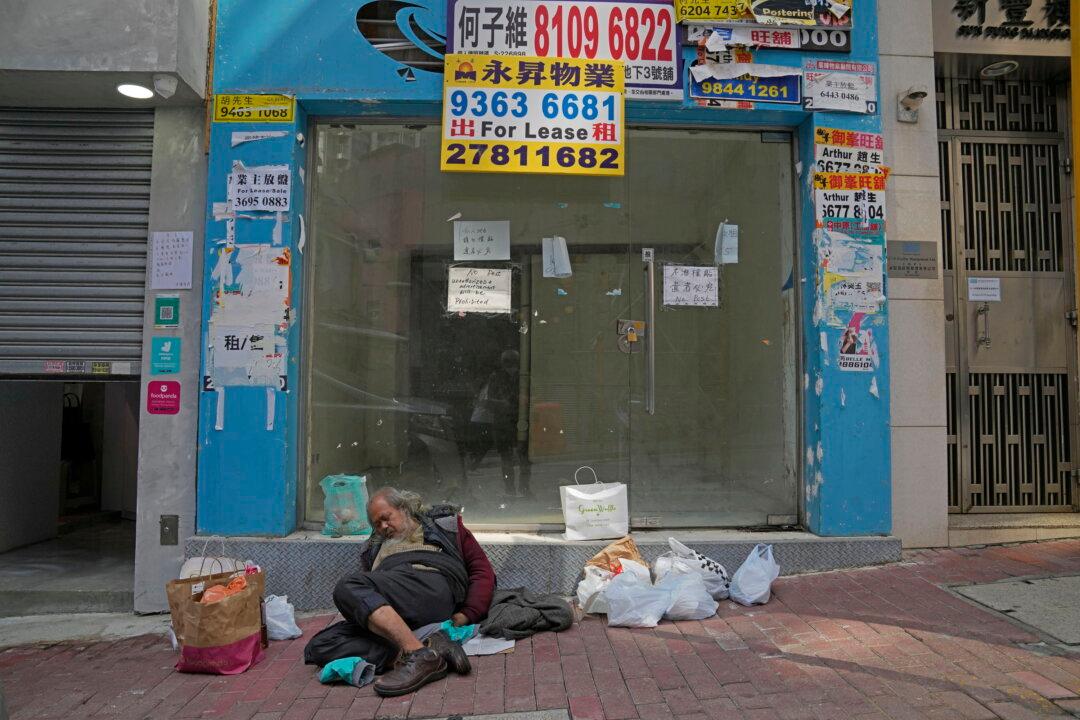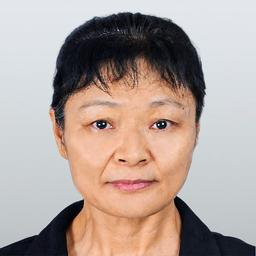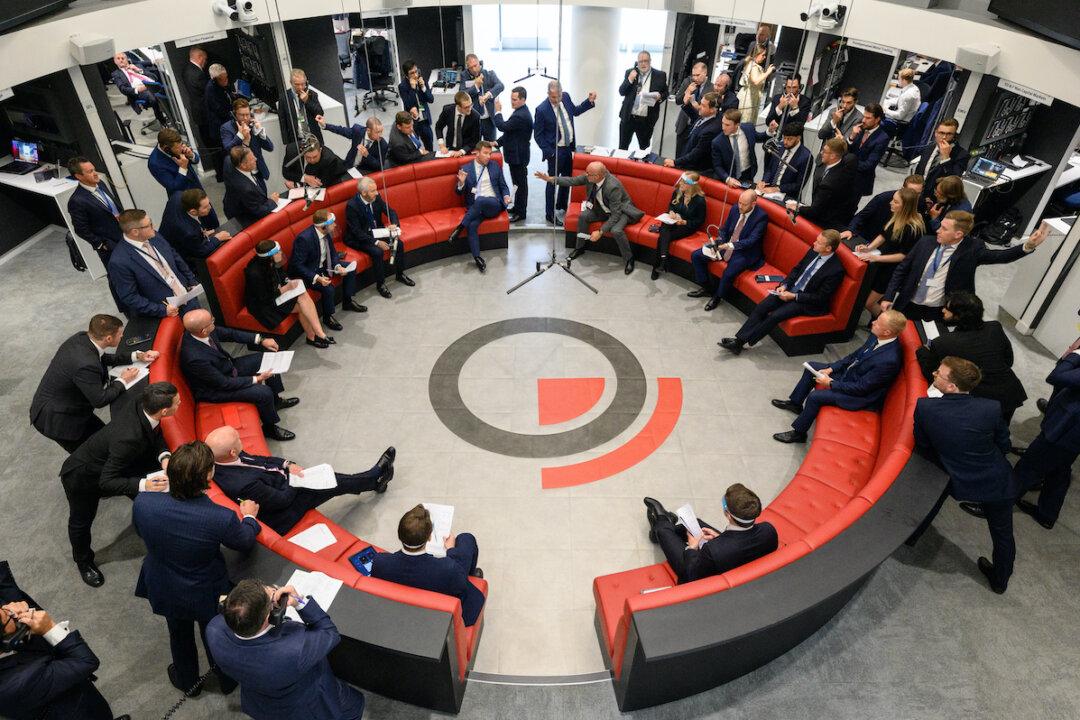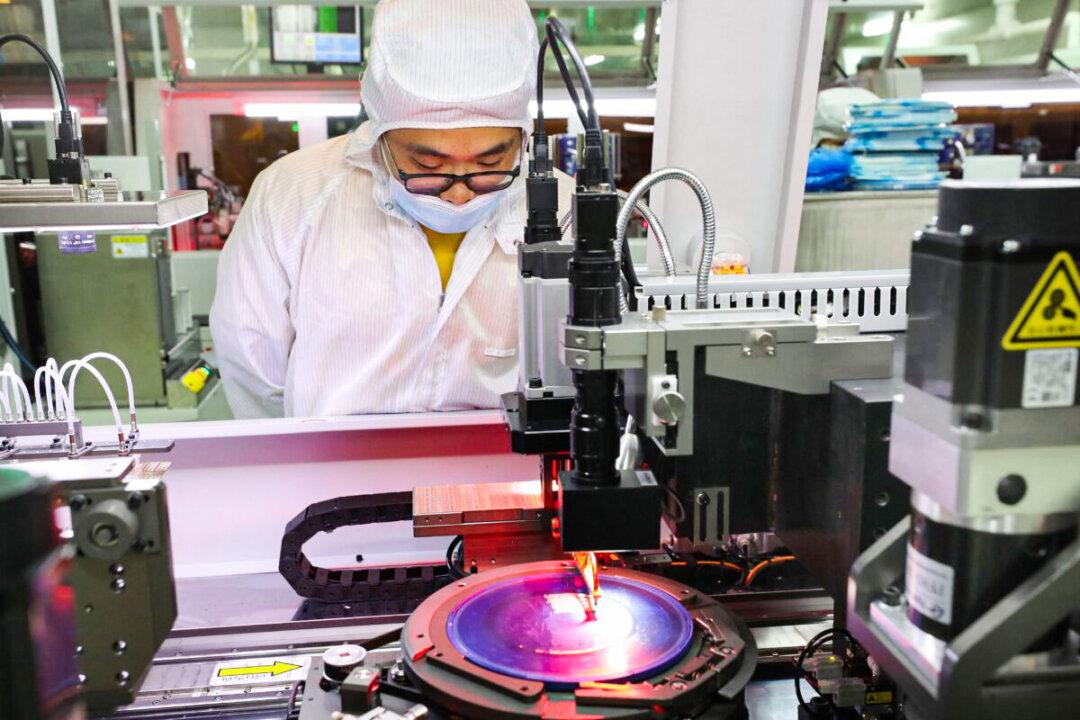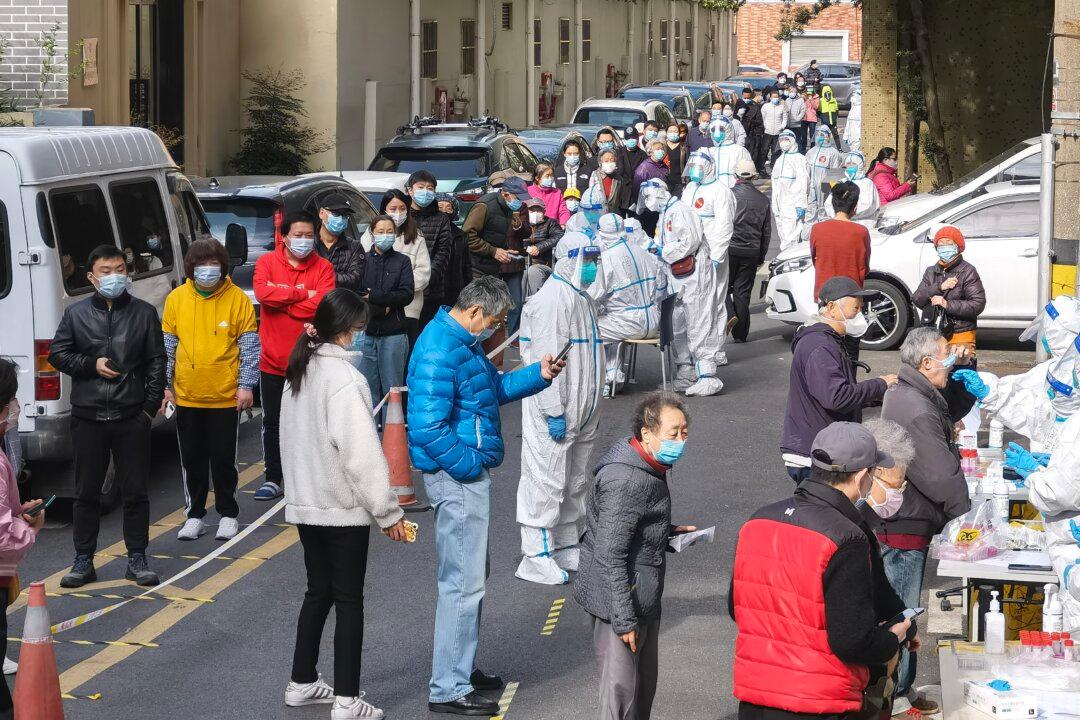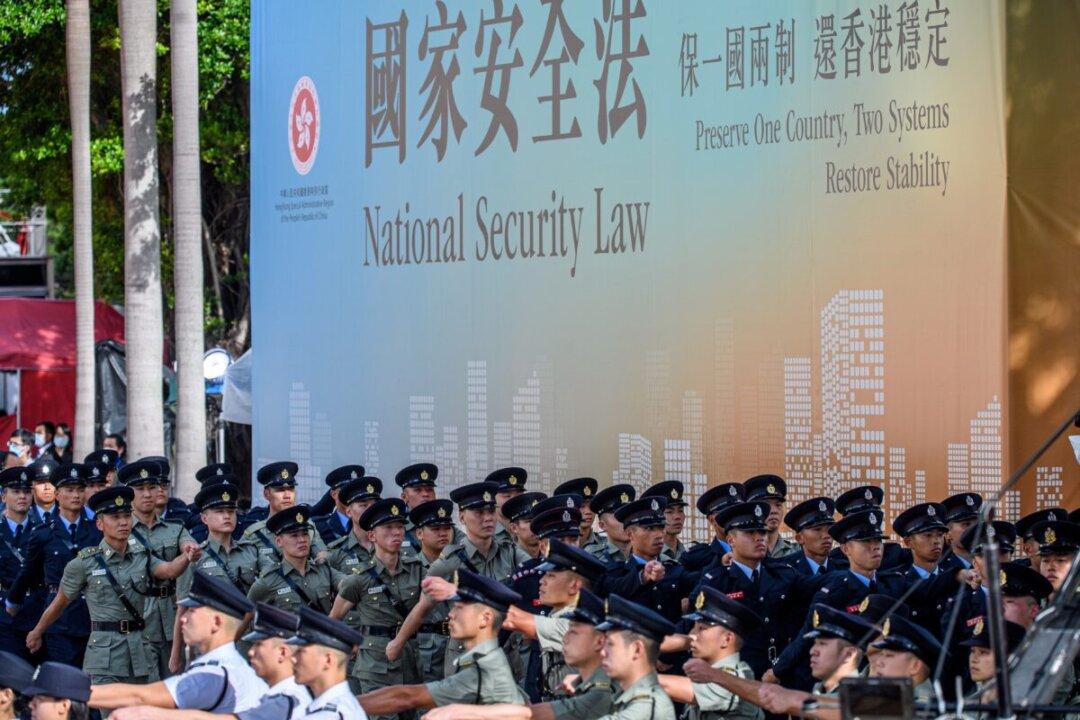Poverty and unemployment in Hong Kong have reached a record high, and the national minimum wage has been frozen for the past three years. One political commentator blames the Chinese Communist Party for the current situation.
Contrary to many countries that have raised the minimum wage to counter the negative impact of COVID-19, Hong Kong’s minimum wage rate has remained at HK$37.50 (about $4.80) since May 1, 2019—the lowest among the “Four Asian Tigers”: Hong Kong, Taiwan, South Korea, and Singapore.
